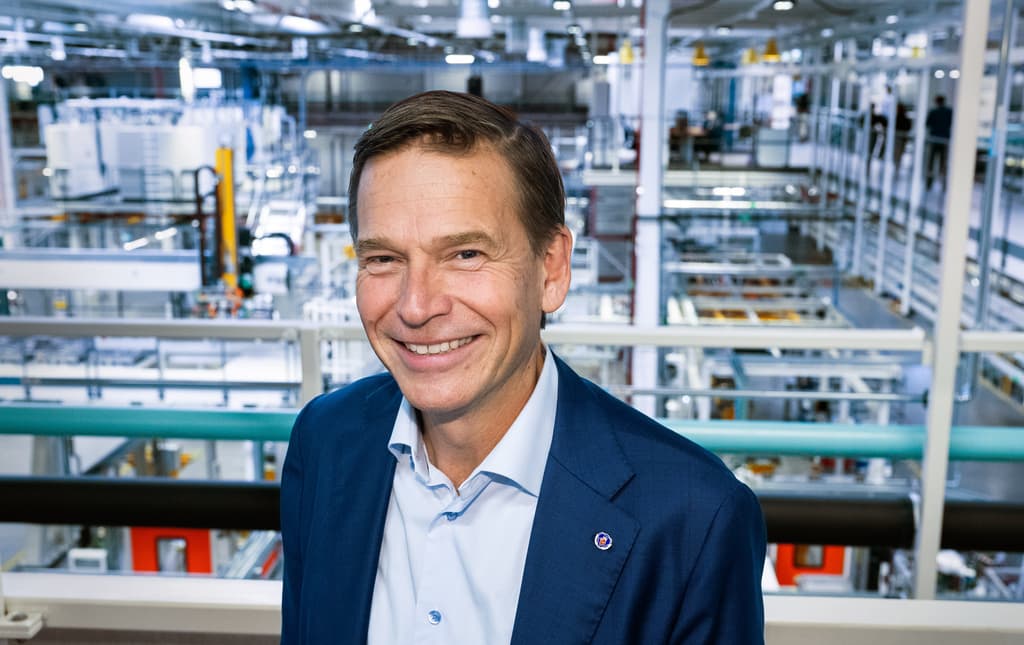Scania achieves its best operating result to date for a single quarter, but at the same time, customers on the European market are waiting to replace their truck fleets.
Many are choosing to wait because they expect interest rates to fall, says Scania's CEO and President Christian Levin.
At the same time, Scania's CEO acknowledges that it will be a good deal for the company's service business when customers continue to drive their old trucks a little longer.
The truck manufacturer, based in Södertälje, reports a record-high adjusted operating result of 8 billion kronor for the second quarter of 2024. This can be compared to 7 billion kronor for the same period in 2023.
Deliveries increased by 8 percent to 25,802 vehicles, but at the same time, new vehicle orders fell by 3 percent to 19,234 vehicles.
Waiting for interest rate cuts
The truck fleet in Europe is very old, and old vehicles emit more, consume more fuel, and cost more to repair. So, we're hoping for some quick interest rate cuts in Europe so that the investment appetite returns among customers, says Christian Levin.
The development in Latin America is still strong, so much so that Scania has unloaded some of its production in Brazil by manufacturing more trucks in Södertälje, which are then shipped across the Atlantic.
At the same time, a major investment is underway in China, where Scania is building up a completely new industrial system, with the first trucks expected to roll out at the end of 2025. This is partly to increase capacity and partly to take a larger share of the Chinese market and technological development.
Green transition lagging behind
Again, Levin flags that Scania is lagging behind in the green transition and appeals to European policymakers to facilitate the sector's ability to meet the 2030 climate targets.
We're building our own charging network together with Volvo and Mercedes, and we see other actors doing the same, but it's going too slowly. European governments have a responsibility to facilitate permit processes and subsidize the expansion, he says, and continues:
But absolutely most important is that electricity must cost less.
Scania's CEO says the company is sticking to its goal of having half of all Scania trucks be electric by 2030.






